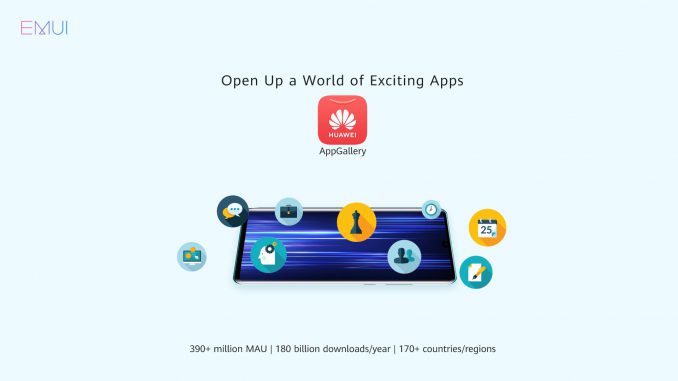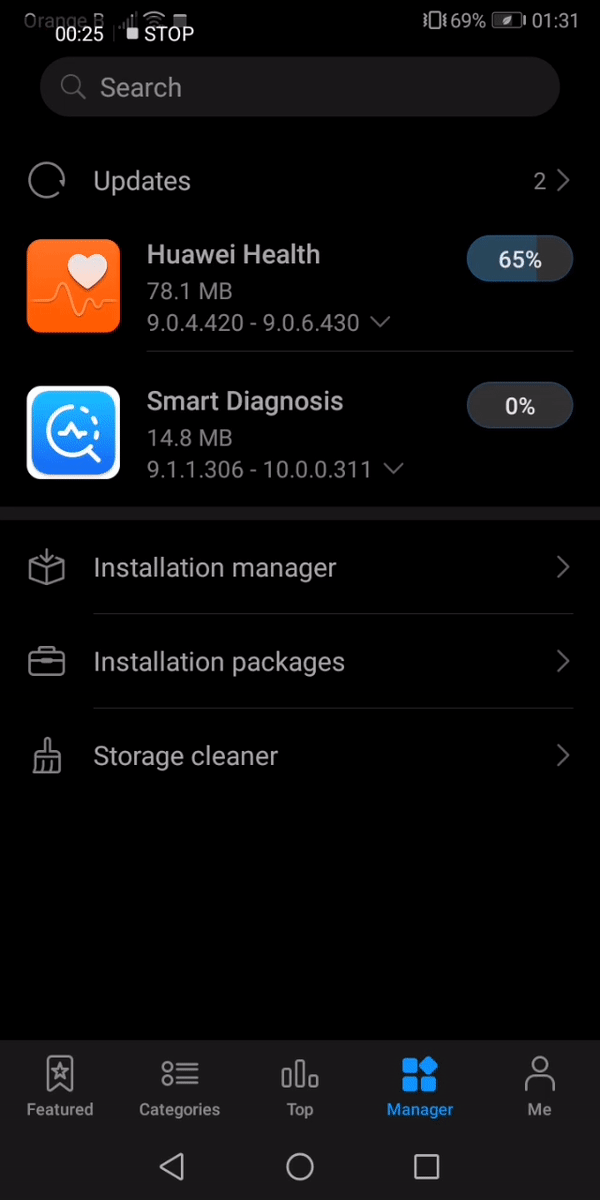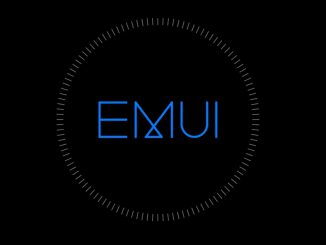
While Google Play Store takes forever to download and install an application, Huawei AppGallery can download multiple applications at the same time.
Artículo disponible en Español | Article disponible en Français
It is not uncommon to see a long list of applications waiting to be updated via Google’s Play Store, and know this will take a while, especially if on a slow internet connection or older devices. For some reason, Google has chosen to force users to download the update and wait for this one to be installed before starting the download of the following update, wasting our time with this inefficient system. Meanwhile, Huawei’s AppGallery updater is capable of downloading multiple applications/updates at the same time, allowing users to save quite a lot of time during the process:

While in our example we only have two applications to update and are using a very slow WiFi connection, AppGallery will sometimes queue 3 or 4 applications to update at once, downloading and installing them in matters of minutes if on a fast connection, while Google will be nowhere near finishing the first update or starting the second one.
It is surprising how an arguably smaller company such as Huawei has managed to implement a more efficient and faster system than Google, although this can be constantly seen throughout Huawei’s products, such as EMUI having at least two years of advance in terms of features compared to the regular stock Android version developed by Google. Huawei has also managed to make other improvements on Android, such as ARK Compiler, which Google refuses to let the company use outside of its home country, as well as complementing the existing read-only file system with EROFS.
We are aware some people will be tempted to mention how AppGallery doesn’t have much choice in terms of applications, while Google Play does. This is indeed undeniable, but this is not even the argument here. After all, Google could perfectly implement a similar download system, instead of their currently slow and inefficient one.
More on this subject:
- Huawei Mobile Services launches “Themes Summer Vibes” contest (2/08/2019)
- Huawei Points appear once again, this time on a Huawei AppGallery promotion (23/07/2019)
- Huawei working on new payment options, Huawei points (12/06/2019)
- Huawei submits trademark applications in the European Union for HongMeng OS & ARK Compiler, confirming Android’s replacement (24/05/2019)

